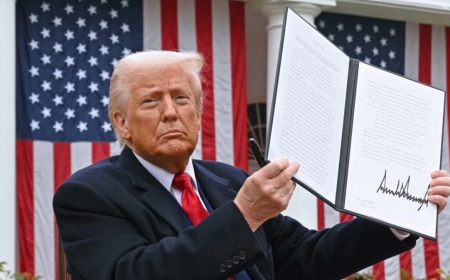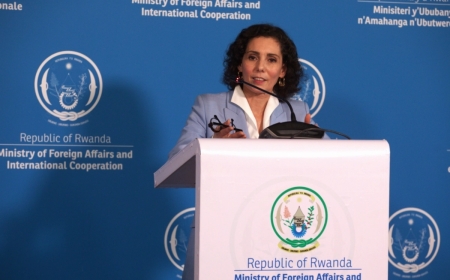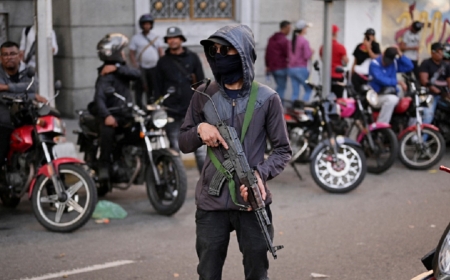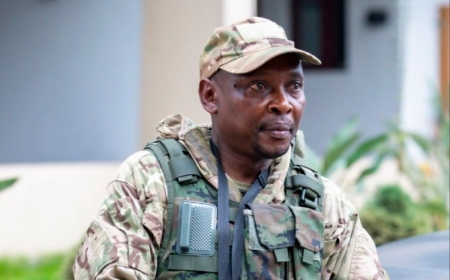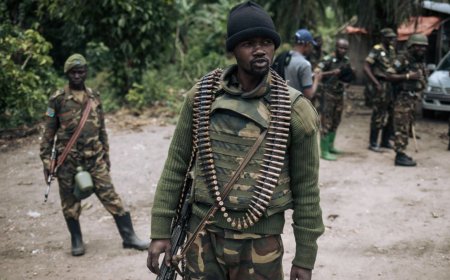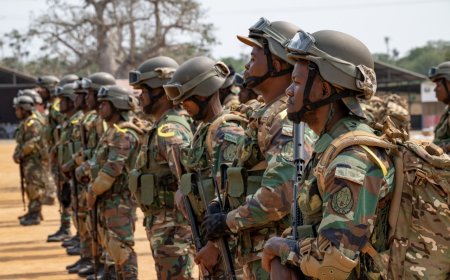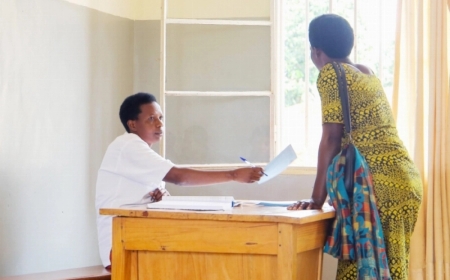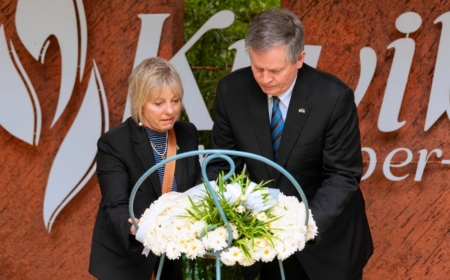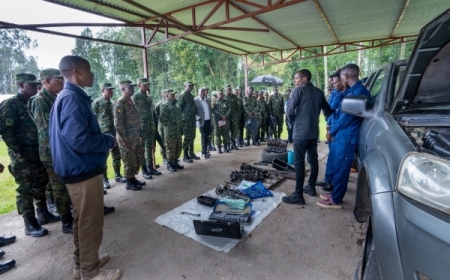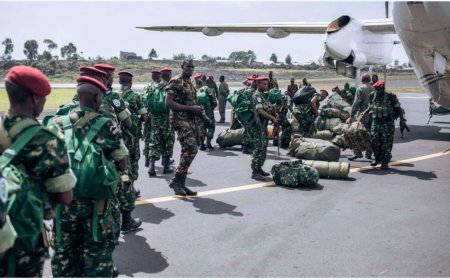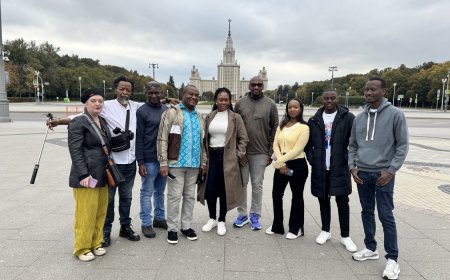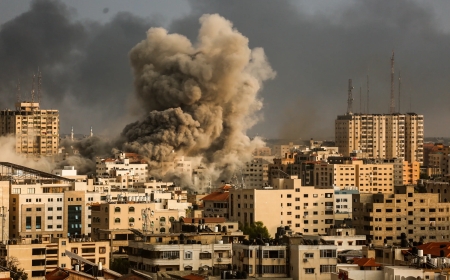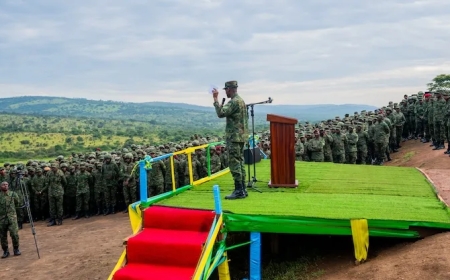Your guide to owning non‑lethal gun in Rwanda
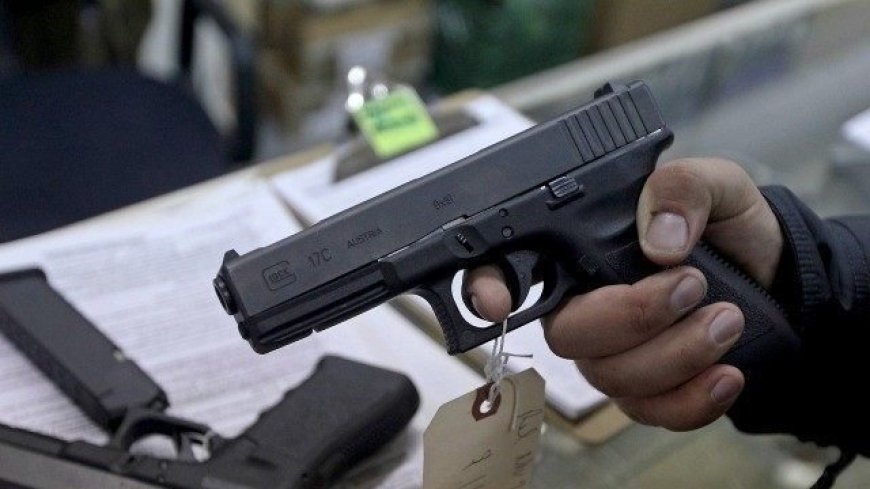
The Government has issued new regulations imposing strict control over the ownership, importation, and use of non-lethal guns and related accessories, requiring individuals and businesses to obtain official permits and adhere to reporting and safety protocols.
The Ministerial Instructions, issued by the Ministry of Interior and grounded in a 2022 Prime Minister’s Order, pointed out detailed procedures for acquiring, handling, and disposing of non-lethal firearms.
Ordinarily, non-lethal guns are designed to incapacitate a target without causing permanent harm or death. They are commonly used in animal control, sports, exhibitions, and limited security settings.
Under the new framework, a formal approval process is required for any individual or entity seeking to import, store, use, transfer, or trade non-lethal guns or their components, such as cartridge cases, primers, bullets, and powder.
Two government institutions have been designated as competent authorities under the new instructions, according to the communique signed by the interior minister, Dr. Vincent Biruta.
The Minister of Interior is tasked with issuing permits for importation, exportation, trade, and transit of non-lethal firearms and accessories, while the Inspector General of Police is responsible for permits related to possession, use, borrowing, and local transfers.
How it works
Applicants are required to submit written requests, including supporting documents such as a business registration certificate, a national ID or passport (for individuals aged 21 and above), proof of mental fitness from a licensed medical practitioner, and a police clearance.
Businesses must also demonstrate access to secure storage facilities and employ personnel with relevant firearms handling skills.
The new regulations maintained that each permit must clearly state the weapon type and quantity, the serial numbers, the country of origin or destination, storage location, and the identity of the end user. It is expected that the processing would be within 30 days of receipt.
Holders of permits will also be subject to strict reporting obligations.
Under the new guidelines, monthly reports on the use of non-lethal guns and their accessories must be submitted to the Rwanda National Police (RNP), adding that any incidents must be reported immediately to the nearest police station.
All imports, trades, or transfers must be reported for record-keeping purposes, with the Police authorized to determine the details to be submitted.
The Police and Ministry will also carry out “biannual joint inspections” of all non-lethal weapons and storage facilities, with additional inspections permitted at any time.
Failure to meet the new requirements can result in suspension or revocation of permits, with grounds for suspension including submission of false information, violation of the regulations, or the emergence of national security concerns.
Permits may be suspended for up to six months or revoked altogether, and in either case, weapons will be confiscated by the Police.
The cost of destroying obsolete or unserviceable firearms and accessories will be borne by the permit holder.
Pointing to the individuals or entities already in possession of non-lethal guns and accessories prior to the new guidelines, the communique stated that they have been given a “six-month transition period” to comply with the new requirements.

